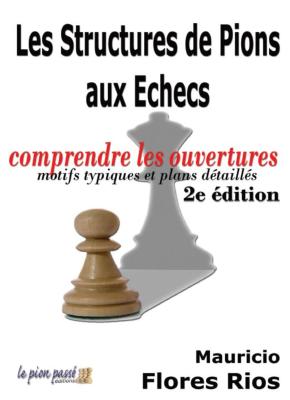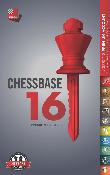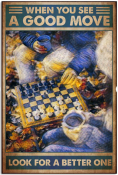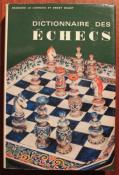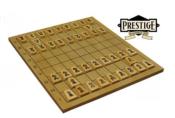
Modern chess theory has significantly expanded in recent years due to the technological development and arrival of chess engines. Studying chess openings, even with the help of these machines that present a god-like level, is a time-consuming task but it is by far the most important part of preparation by top Grandmasters. They often look for ideas that offer a glimpse of hope for an advantage with White or attempt to neutralize (or even counter) White’s ideas with Black. Nowadays, any such information is spread within moments and every day, we can see new games and novel ideas in all openings. This makes it challenging for people trying to learn a new opening due to the "oversupply” of information.
When I was writing my books on the Ruy Lopez, I wanted to simplify the learning process and make this opening approachable and understandable to everyone. As the next step in my journey as an author, I decided to write a book on the Nimzo-Indian, as part of a three-volume series covering the whole repertoire for Black after 1.d4. Just as in the case of the Ruy Lopez books, I intend on making this opening a comfortable option in any player’s repertoire.
The Nimzo-Indian is a good and sound opening, but nonetheless it can be quite complicated. Generally, the games in this opening are more likely to be strategic battles rather than tactical ones, but as in every opening, things can get sharp from time to time. It is important to note that a definite majority of top players (including the World Champion Magnus Carlsen) plays this opening.
I remember that I started learning the Nimzo-Indian in 2009 but I only incorporated it in my repertoire in 2010. Ever since then, I have played many interesting games with it and I believe that playing these types of positions has helped me improve as a player. Over years of analysis and practice, I have learned a vast amount of ideas, plans, set-ups and more.
When studying chess (and chess openings especially), I must admit that I enjoy the process of academic research and seeking for truth. I am happy when I discover a certain resource or idea that has not been played yet. In this book, the reader can find many such ideas. However, it is very easy to go overboard and analyze "too much” which would result only in confusion to the reader. I believe that I have covered all the lines (apologies if I have missed anything by pure accident!) and have made everything clear and concise to overcome the above-mentioned "oversupply” of information.
I hope that the reader finds the ideas in this book interesting and will enjoy the journey through the maze of variations in the Nimzo-Indian.
Dariusz Swiercz
Thinkers Publishing
 |




